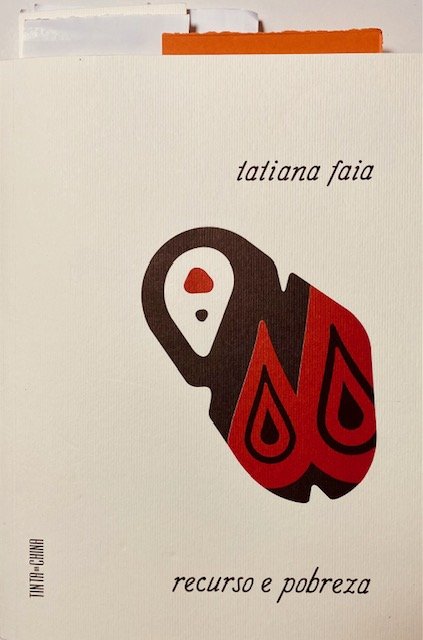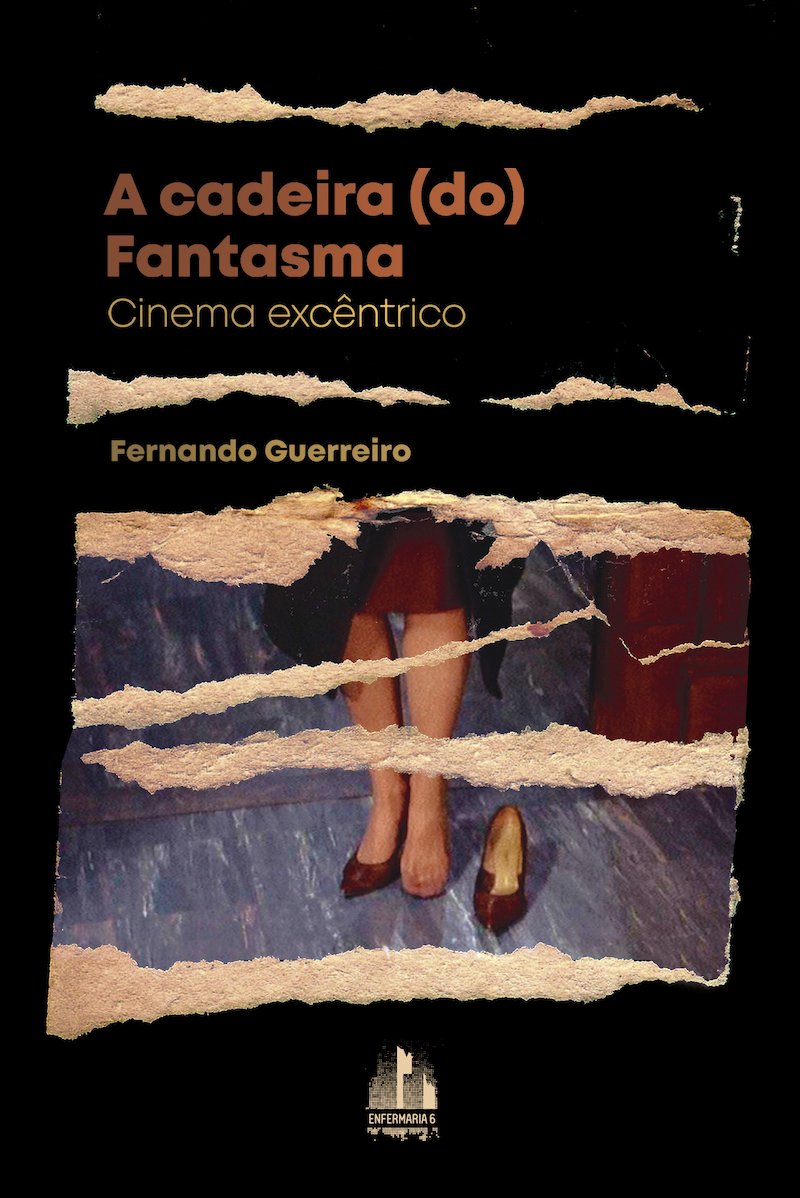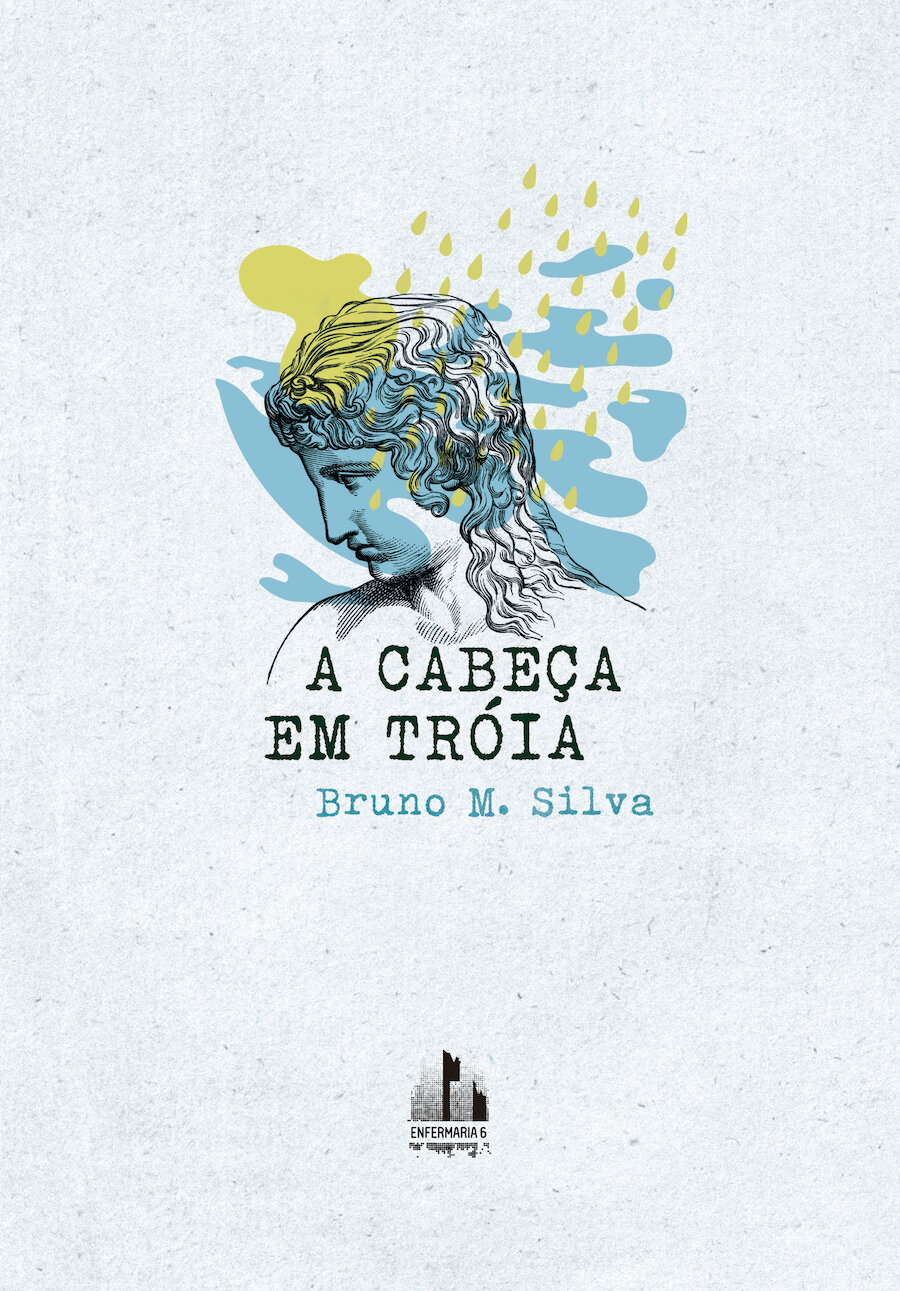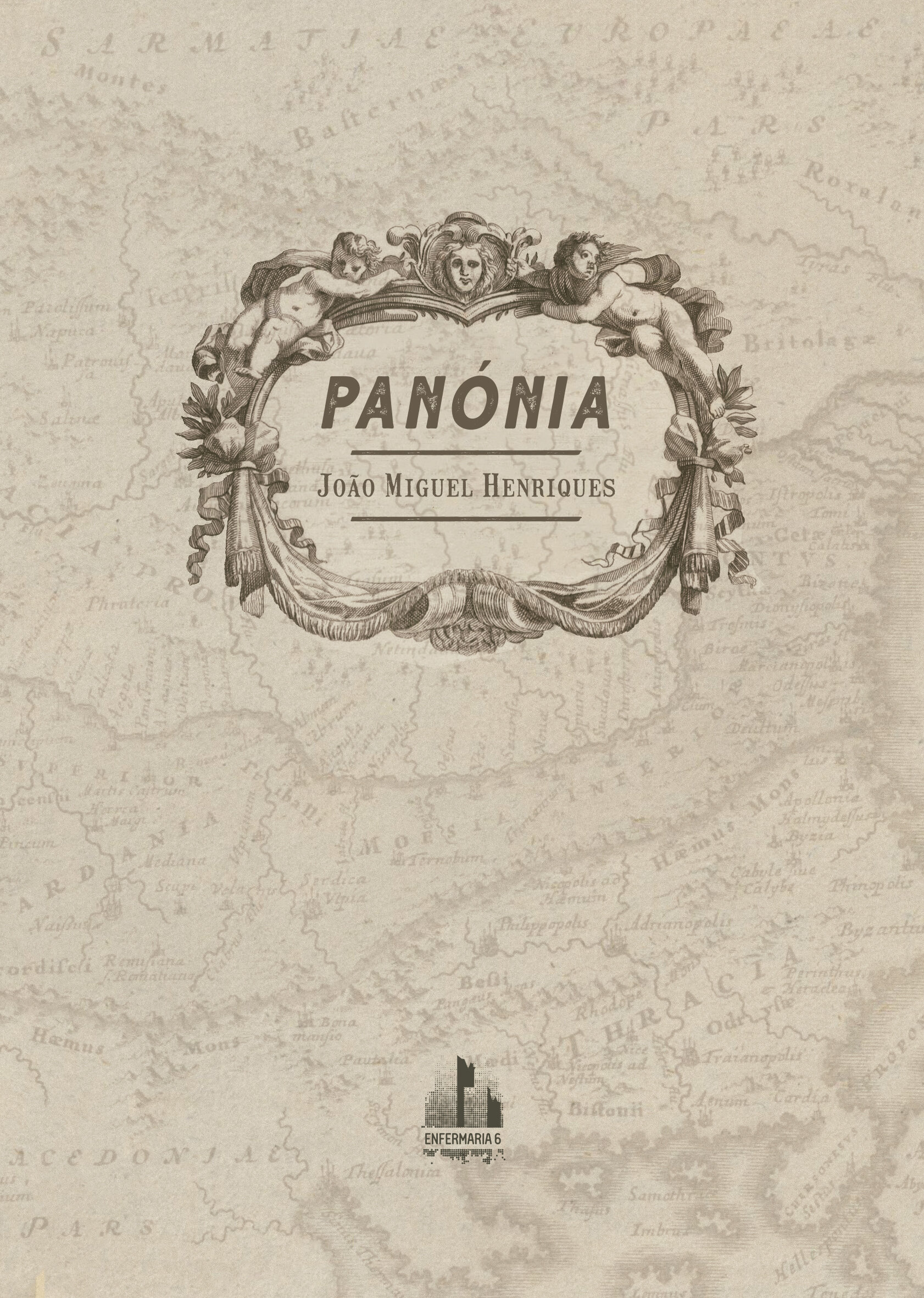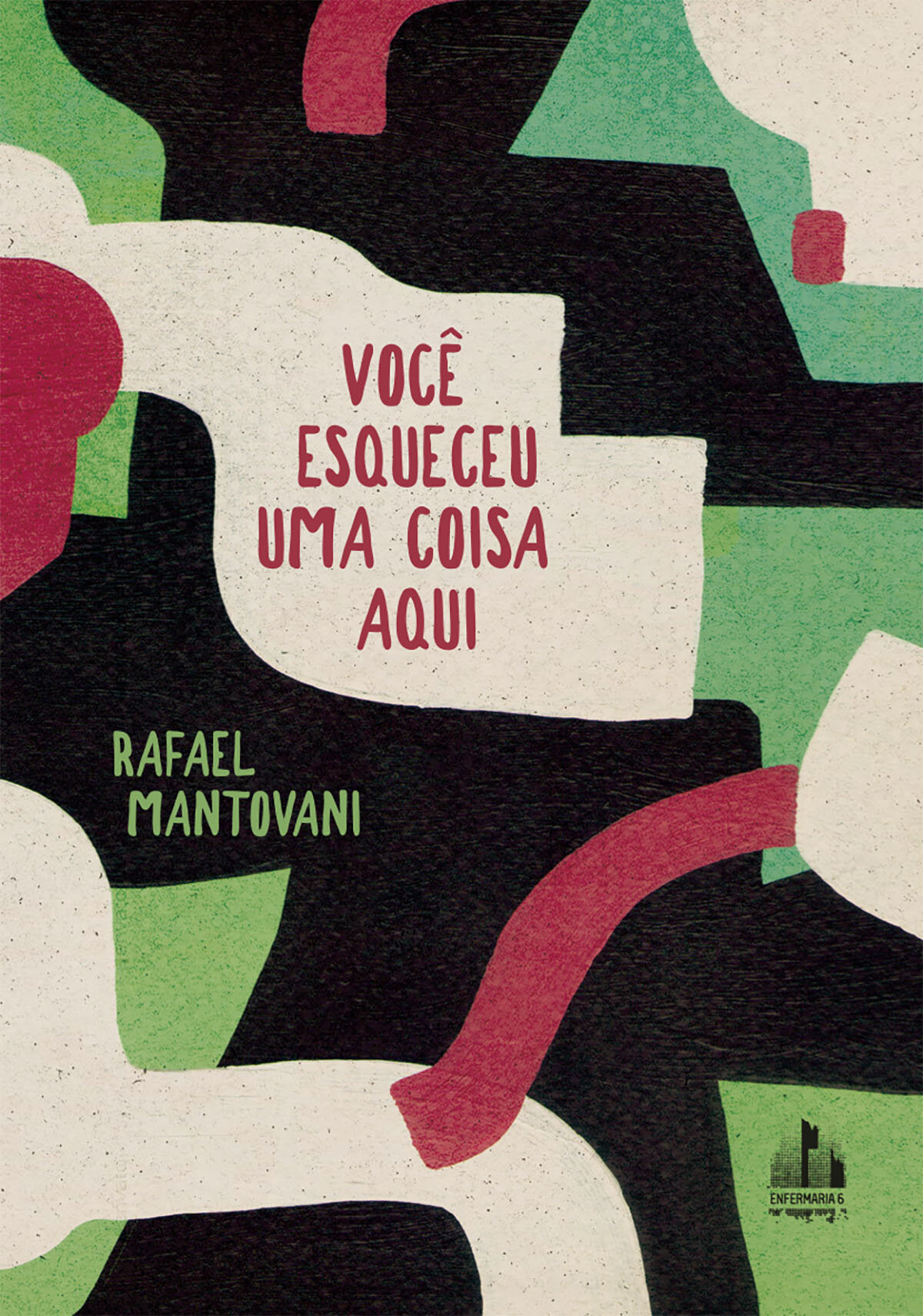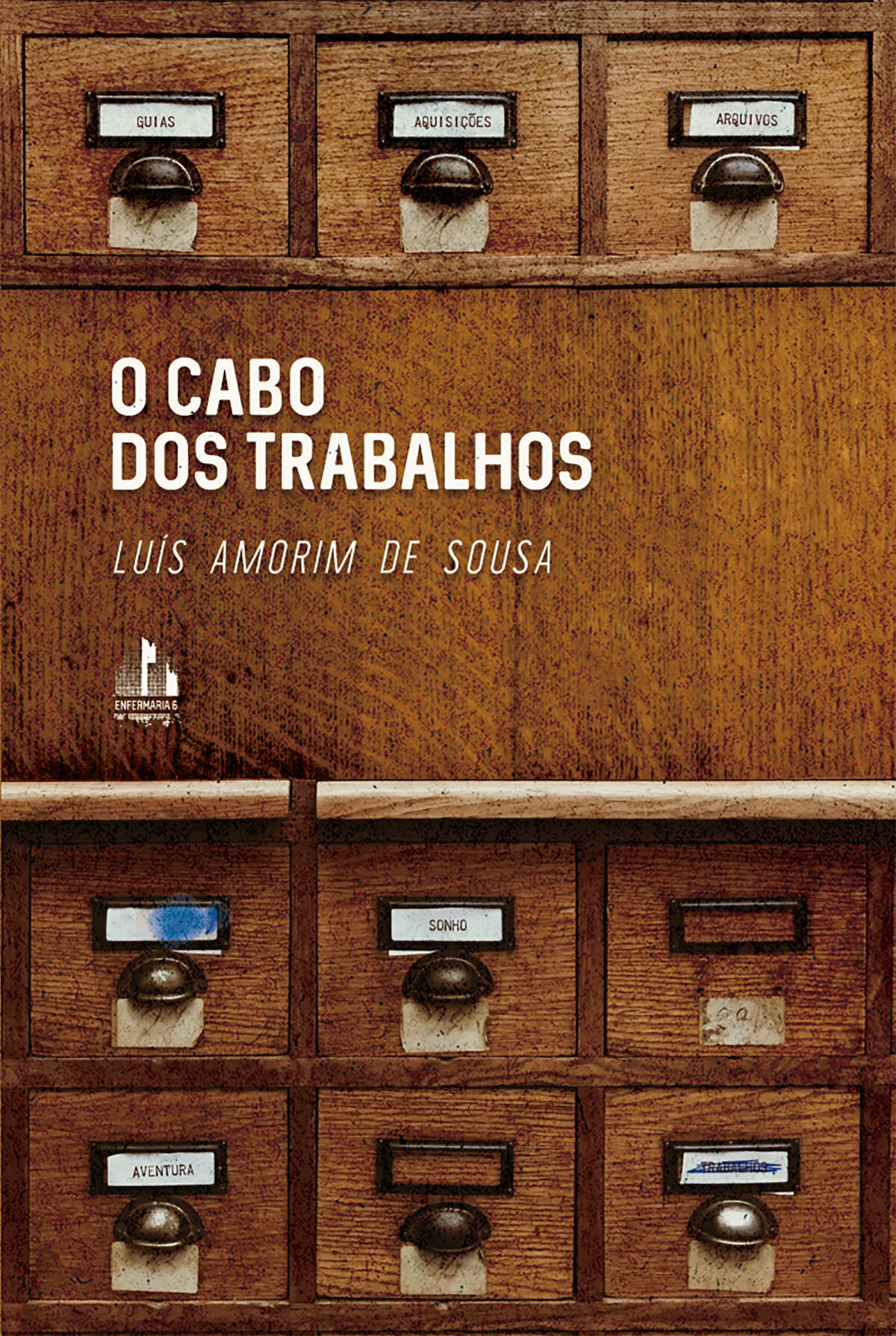Tradução de Nuno Quintas
1. As Plantações
Um papagaio imita a primavera
no palácio, de plumagem verde-salsa.
Do pântano emerge a cana
para nos assombrar, e cortamo-la. El General
busca uma palavra; ele é o mundo
inteiro. Como um papagaio que imita a primavera,
deitamo-nos aos gritos enquanto nos perfura a chuva
e brotamos verdes. Não conseguimos dizer um r —
do pântano emerge a cana
e a montanha a que em rumores chamamos Katalina.
Os miúdos roem pontas de flecha.
Um papagaio imita a primavera.
El General encontrou a sua palavra: perejil.
Quem a disser vive. Ri-se, os dentes cintilam
no pântano. Emerge a cana
em sonhos nossos, açoitada por ventos e arroios.
E deitamo-nos. Por cada pingo de sangue,
um papagaio imita a primavera.
Do pântano emerge a cana.
2. O Palácio
A palavra escolhida pelo general é salsa.
É outono, quando a mente se ocupa
do amor e da morte; o general pensa
na mãe, como morreu no outono
e ele plantou a bengala dela no túmulo
e ela floriu, fria, formando todas as primaveras
flores de quatro estrelas. O general
calça as botas, pisa o palácio até
ao quarto dela, o que não tem
cortinas, o que tem um papagaio
num poleiro de latão. Enquanto anda pergunta-se:
Quem posso matar hoje. E por um instante
o nozinho de gritos
cala-se. O papagaio, que veio
este caminho todo da Austrália numa gaiola de
marfim, pratica, no recato de uma viúva,
a primavera. Desde a manhã em que
a mãe desmaiou na cozinha
quando fazia doces com a forma de caveiras
para os Finados que o general
detesta doces. Ordena que se traga
bolos à ave; chegam eles
cobertos de açúcar numa cama de renda.
Vai-se contraindo o nó na garganta;
vê as botas no primeiro dia de batalha
com pingos de lama e urina
enquanto um soldado lhe cai aos pés estupefacto
— como tinha um ar idiota! — ao som
de artilharia. Nunca pensei que cantasse,
disse o soldado, e morreu. Agora
o general vê as plantações de cana
de açúcar, açoitada por ventos e arroios.
Vê o sorriso da mãe, os dentes
que roem pontas de flecha. Ouve
os haitianos cantarem sem rr
enquanto agitam os grandes machetes:
Katalina, cantam, Katalina,
mi madle, mi amol en muelte. Sabe Deus
que a mãe estúpida não era; conseguia
enrolar um r como uma rainha. Até
um papagaio consegue enrolar um r! No quarto nu
as penas garridas arqueiam-se numa paródia
de verdura, enquanto as derradeiras migalhas
somem, pálidas, sob a língua enegrecida. Alguém
brada o seu nome numa voz
tão parecida à da mãe, pinga uma lágrima
surpresa na biqueira da bota direita.
Minha mãe, meu amor na morte.
O general recorda os raminhos verdes
que os aldeões punham nas capas
para honrar a morte de um filho. Vai
ordenar que, desta vez, se matem muitos
por uma palavra só, bela.
Notas: A 2 de Outubro de 1937, Rafael Trujillo (1891–1961), ditador da República Dominicana, ordenou a matança de 20 mil negros por não conseguirem pronunciar a letra r em perejil, palavra espanhola para «salsa».
1. The Cane Fields
There is a parrot imitating spring
in the palace, its feathers parsley green.
Out of the swamp the cane appears
to haunt us, and we cut it down. El General
searches for a word; he is all the world
there is. Like a parrot imitating spring,
we lie down screaming as rain punches through
and we come up green. We cannot speak an R—
out of the swamp, the cane appears
and then the mountain we call in whispers Katalina.
The children gnaw their teeth to arrowheads.
There is a parrot imitating spring.
El General has found his word: perejil.
Who says it, lives. He laughs, teeth shining
out of the swamp. The cane appears
in our dreams, lashed by wind and streaming.
And we lie down. For every drop of blood
there is a parrot imitating spring.
Out of the swamp the cane appears.
2. The Palace
The word the general’s chosen is parsley.
It is fall, when thoughts turn
to love and death; the general thinks
of his mother, how she died in the fall
and he planted her walking cane at the grave
and it flowered, each spring stolidly forming
four-star blossoms. The general
pulls on his boots, he stomps to
her room in the palace, the one without
curtains, the one with a parrot
in a brass ring. As he paces he wonders
Who can I kill today. And for a moment
the little knot of screams
is still. The parrot, who has traveled
all the way from Australia in an ivory
cage, is, coy as a widow, practising
spring. Ever since the morning
his mother collapsed in the kitchen
while baking skull-shaped candies
for the Day of the Dead, the general
has hated sweets. He orders pastries
brought up for the bird; they arrive
dusted with sugar on a bed of lace.
The knot in his throat starts to twitch;
he sees his boots the first day in battle
splashed with mud and urine
as a soldier falls at his feet amazed—
how stupid he looked!— at the sound
of artillery. I never thought it would sing
the soldier said, and died. Now
the general sees the fields of sugar
cane, lashed by rain and streaming.
He sees his mother’s smile, the teeth
gnawed to arrowheads. He hears
the Haitians sing without R’s
as they swing the great machetes:
Katalina, they sing, Katalina,
mi madle, mi amol en muelte. God knows
his mother was no stupid woman; she
could roll an R like a queen. Even
a parrot can roll an R! In the bare room
the bright feathers arch in a parody
of greenery, as the last pale crumbs
disappear under the blackened tongue. Someone
calls out his name in a voice
so like his mother’s, a startled tear
splashes the tip of his right boot.
My mother, my love in death.
The general remembers the tiny green sprigs
men of his village wore in their capes
to honor the birth of a son. He will
order many, this time, to be killed
for a single, beautiful word.
Notes: On October 2, 1937, Rafael Trujillo (1891-1961), dictator of the Dominican Republic, ordered 20,000 blacks killed because they could not pronounce the letter “r” in perejil, the Spanish word for parsley.
Rita Dove, «Parsley» in Museum (Pittsburgh: Carnegie Mellon University Press, 1983).





